Kashmiri Poet or ‘Little Soldier’—Who Was Shahzadi Kulsum?

Meher Qadri is a former staff writer at the Mountain…
Soon after the 1947 Dogra Raj downfall, a Kashmiri versifier writing misery and mutiny faded away in the prime of her youth as if she never existed until Mountain Ink’s Meher Qadri unearthed the poet’s buried legacy with a question—‘Is she the first uncrowned poetess of Kashmir?’
At the cusp of World War-II in 1938, a Kashmiri girl stunned everyone when she showed up in Salar-e-Tableegh Kul Hind rally at Jaipur with a spade and military uniform.
Her combatant appearance was the part of the freedom movement in British India fuelled by the young revolutionaries. Among them were notable Kashmiris banished from their homeland by the fringes and fanatics of the tyrannical times.
That day in Jaipur, the “talented and smart young lady” from the valley rubbed shoulders with Syedah Akhter, a Muslim activist and poet in British India.
Years later Akhter would describe the dauntless daughter of a Kashmiri cleric exiled from his homeland in one of the rare retellings: “She appeared in front of me with a spade in her hand, attired in a military uniform.”
The girl was a tiny embodiment of sacrifice and courage, dedication and passion personified, Akhter writes.
Support Our Journalism
You are reading this because you value quality and serious journalism.
But, serious journalism needs serious support. We need readers like you to support us and pay for making quality and independent journalism more vibrant.
“An innocent blossom from the beautiful garden Kashmir, her tears slipping like dew-drops from delicate petals were telling the tale of a storm hidden in her heart. Sighting her immense passion, I gave her the title of Nanhi Mujahidah (Little Soldier).”
But who was this Nanhi Mujahidah arriving on the scene years before the likes of Leila Mujahidah of Palestine—the country about which this Kashmiri girl penned—would become the “symbol of woman valour” in the world.
Close to a century now, still not many know her, but one can find the mention in the only book dedicated to her life.
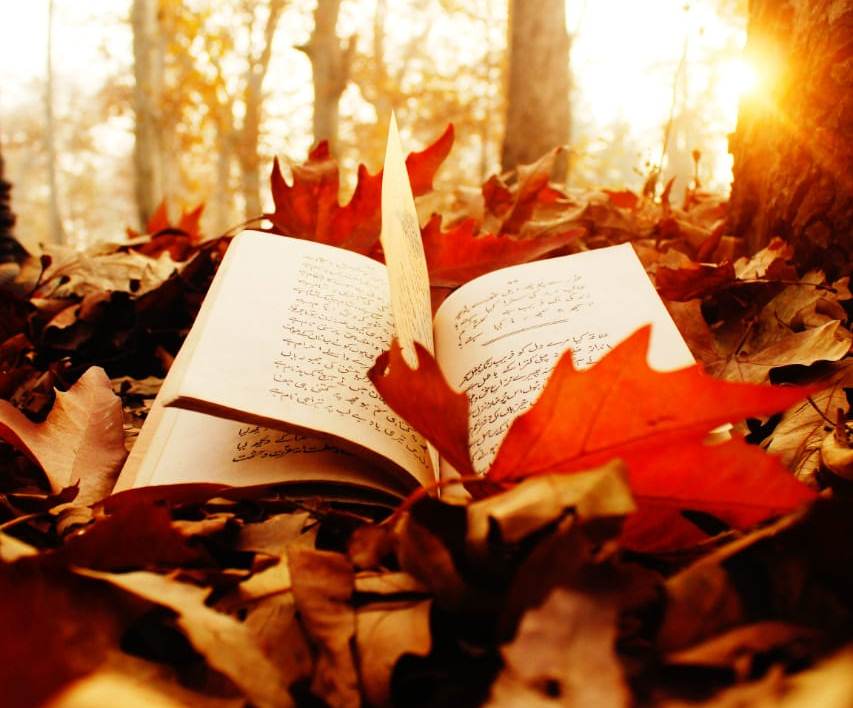
In the Foreword of “Yaadgaar-e-Kulsum”—In Remembrance of Kulsum—prominent Urdu scholar and professor, Dr. Shakeel ur Rahman says the girl wrote poetry for only five years. And therefore, he calls her poetry “a hint, a gesture …”
But this fleeting poetic journey is hardly recorded anywhere making Shahzadi Kulsum a forgotten character of the Quit Kashmir era.
Those aware of her works believe that the short-lived bard showed proficiency in the intricacies of Ghazal writing—seen in the poetic works of an experienced poet.
A quick review of her recorded work reveals that Kulsum’s pen bled for intuition, philosophy, and mysticism.
In the times of Gas Chamber and Anne Frank, this little poet fighting pitched battles with tottering British Raj away from her homeland would also write about her personal sufferings and pain, destiny and fate, helplessness and desperation, love and longing, without any restraint.
Keh gaya do hichkiyon mai umr bhar ki dastaan
Marne wale wah kya kehna teri taqreer ka
Wohi zamanay mai karta raha hai fugaan kulsum
Jisay khuda nay diya lamha muskuranay ka
(He told the legend of lifetime tersely—
O’ departed, what a destiny you have!
The very person mourned empathy all his life
The one who was blessed with time for a smile.)

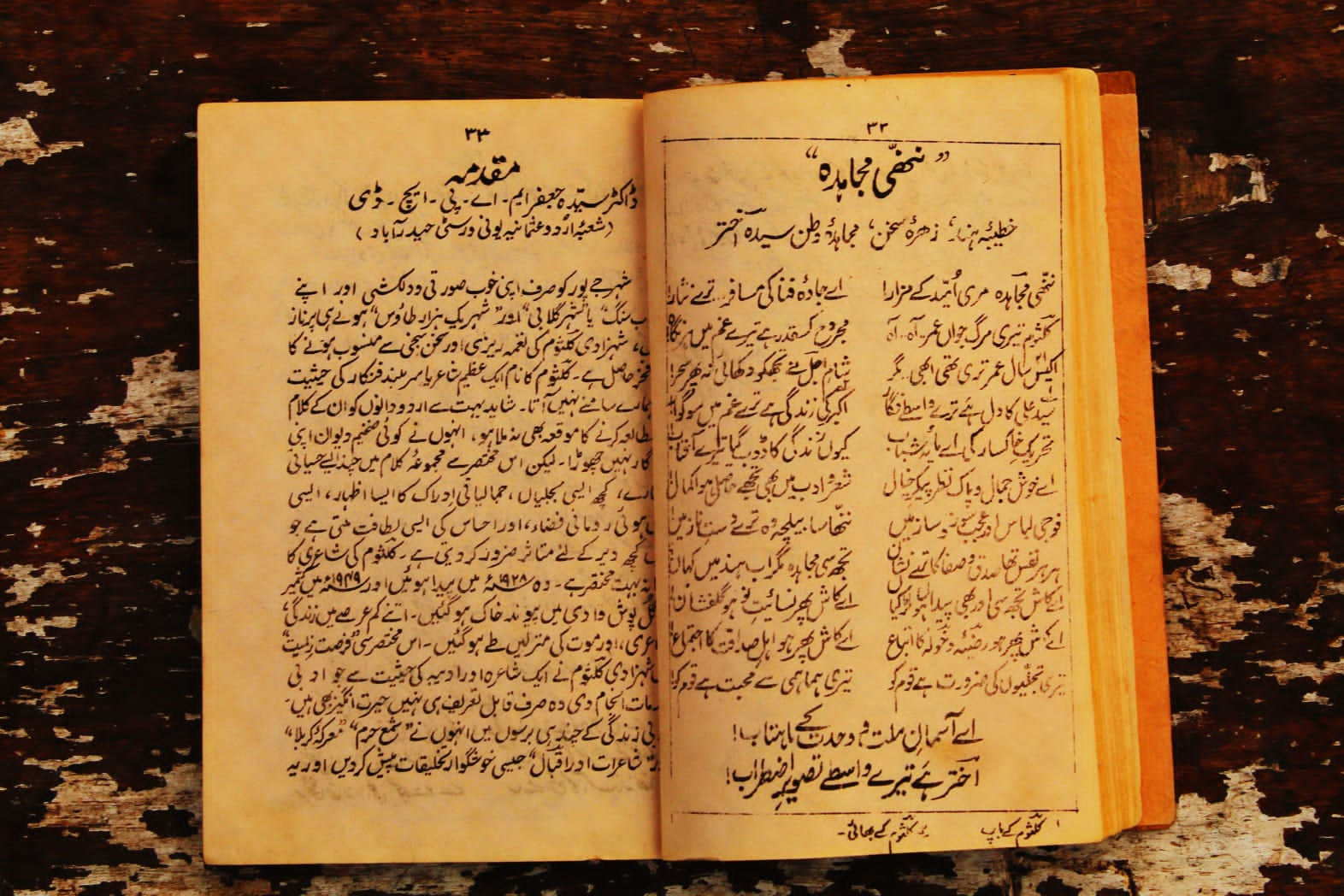
Kulsum’s writing style, says Urdu researcher Dr. Gulzar Ahmad Wani, is inspired by the techniques of prominent Urdu poets like Ghalib, Sauda and Faiz.
A book titled “Bikhre Moti” (Scattered Pearls) gives some rare glimpses of her poetic brilliance.
This anthology of essays on the life and work of prominent Kashmiri poet, Akbar Jaipuri—the bard whose verses resonated with masses during the nineties—offers some insights into her life.
Rhymester of Rainawari, Akbar Jaipuri was Kulsum’s brother.
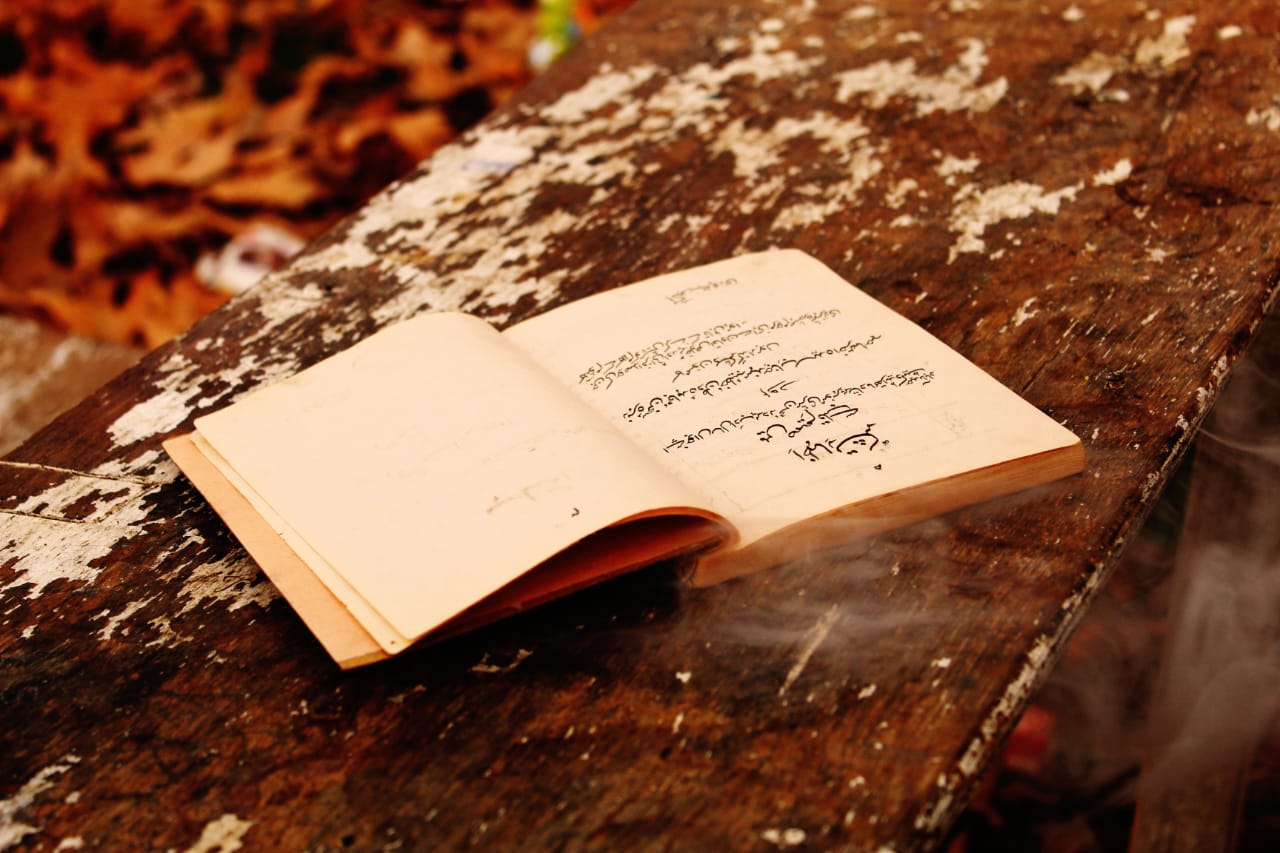
The essay titled ‘Akbar Jaipuri, Shayari aur Shakhsiyat’ (Poetry and Personality) traces Kulsum’s lineage back to the Kashmir’s benevolent saint reformer—whose advent created a faithful transformation in the valley—Amir Kabir, Mir Syed Ali Hamdani (R.A.).
Kulsum belonged to the noted religious and scholarly family of Old Srinagar. Her great grandfather, Syed Zaman Shah resided in the Rainawari area, about a century before her. Her father Syed Ali Abidi was one of the most influential religious scholars of the valley and a principled man.
As a result of their open-minded rejection of sectarianism, and also a disagreement directly caused by it, Abidi had to leave Kashmir and live the rest of his life away from his homeland.
The reason behind his migration was a religious scholar’s controversial book of sectarian nature published in 1915. Abidi criticized it openly. Situation took a malicious turn when the followers of the controversial author ganged up against Kulsum’s father and subjected him to a social boycott. Consequently, he moved to Jaipur, a part of British India and took up work as a building contractor.
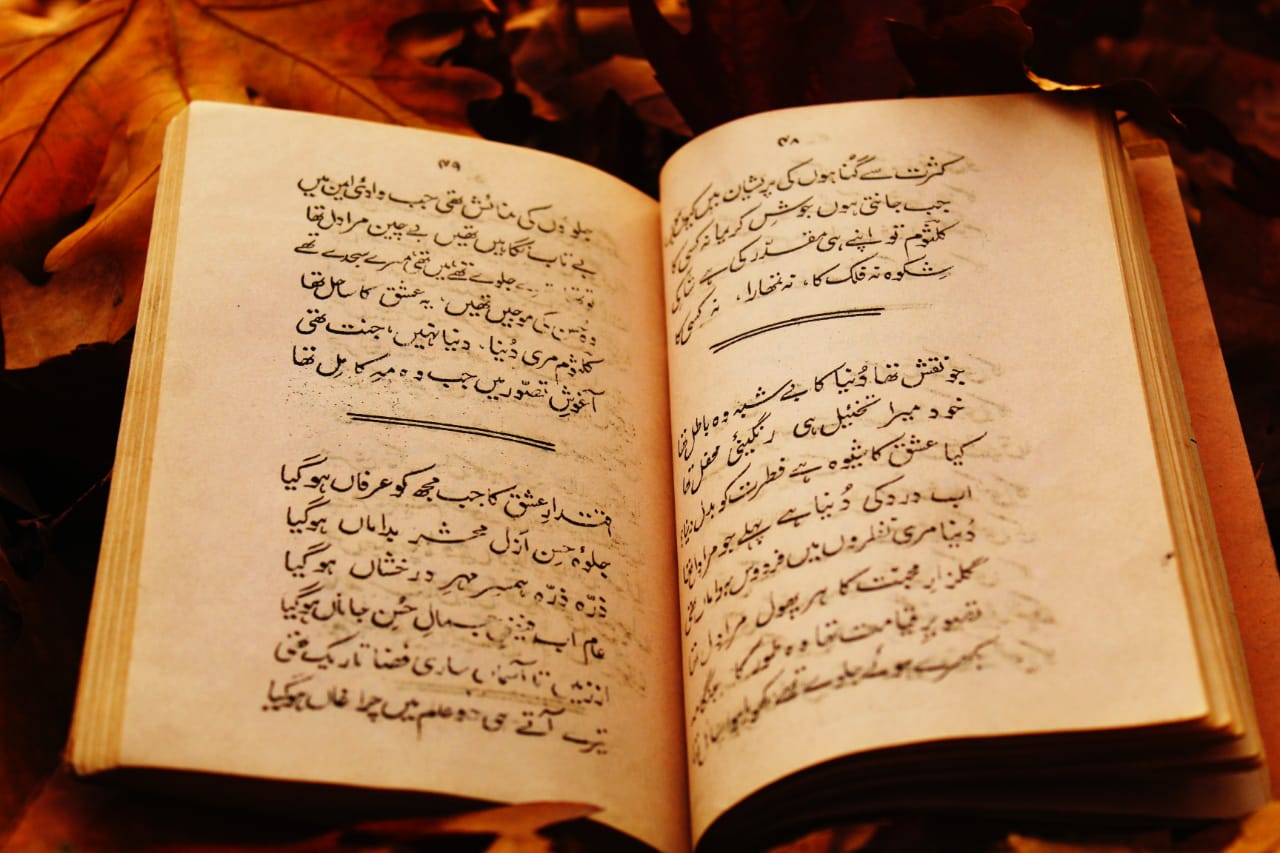
It was in Jaipur that Kulsum was born in 1928. She had her formal schooling there, while at the same time getting instruction on literature and religion at home.
The essay ‘Akbar Jaipuri, Shayari aur Shakhsiyat’ further notes the reasons for her return to the ancestral land of Kashmir, with her family.
“In 1945,” the essay mentions, “Kulsum’s father, went to Gwalior for work. It was the time when the communal tensions were at their peak in India and Abidi attained martyrdom during this trip. The loss of the head of the family created a crisis in the family, and Akbar Jaipuri decided to return to Kashmir, in 1946.”
The homecoming came a year before Kashmir saw itself getting liberated from the clutches of the Dogra monarchy. Kulsum was barely18 upon her arrival in Kashmir.
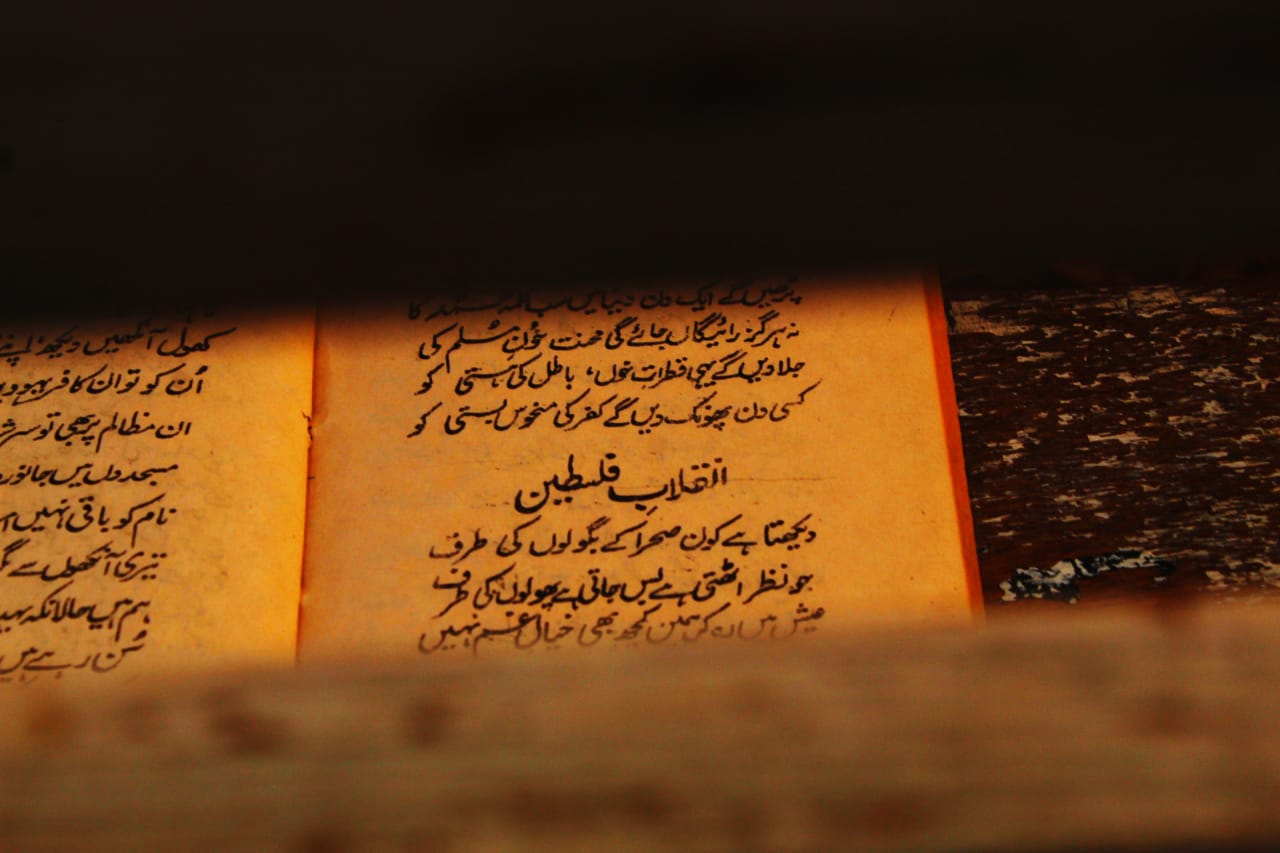
But the “little soldier” became quiet upon returning to her roots. Like her brother, Akbar Jaipuri, Kulsum had lost contact with the circle of her friends and acquaintances in Jaipur.
The grief of being an orphan and getting uprooted from her birthplace greatly influenced her poetry. Her poetic work of that period is known for its impressionable appeal.
Hazaron inqalaab ayai na badly ishq ki fitrat
Muhabat mustakil gham tha muhabat mustakil gham hai
(Despite countless storms, love could never change
Love was the eternal grief, Love is the eternal grief.)
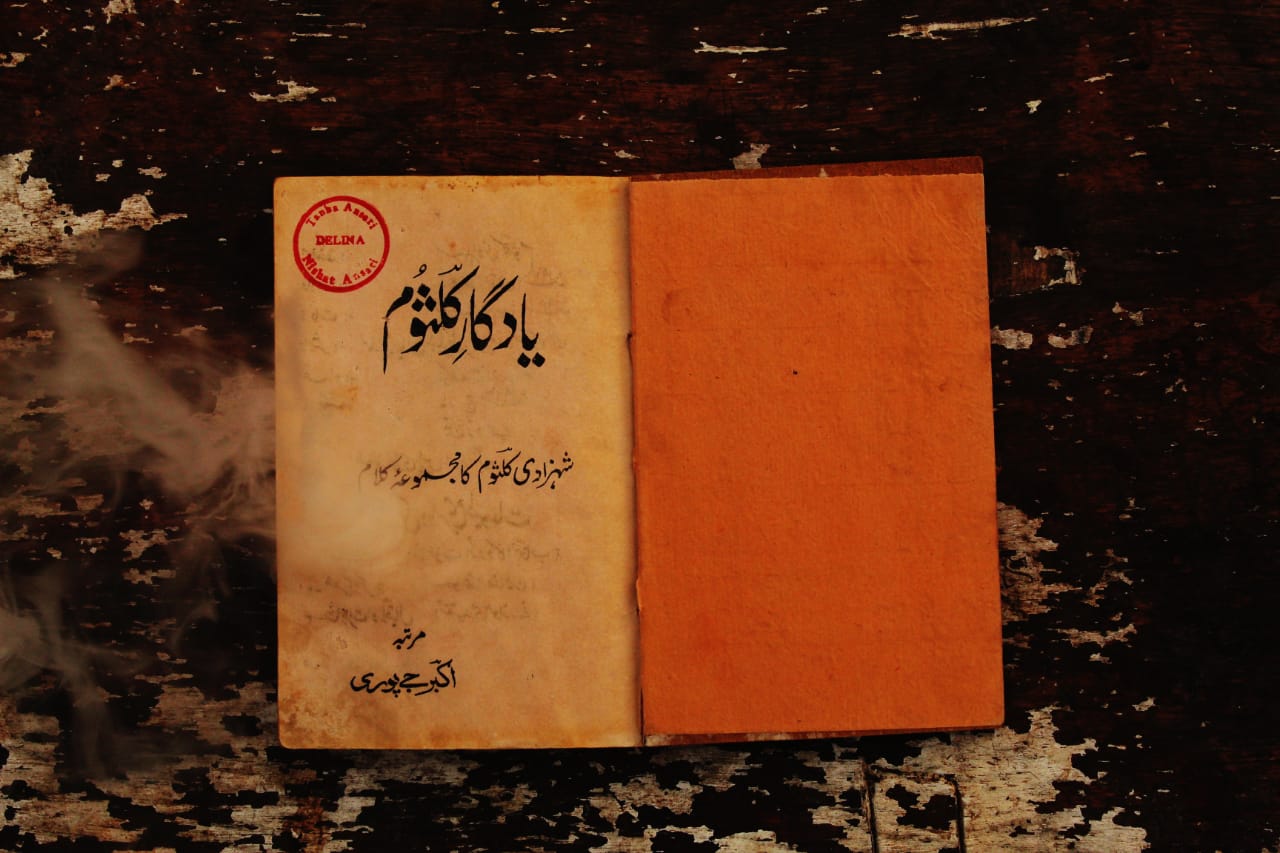
Reading her work makes it clear that Kulsum’s deep love for her nation made her passionate about the welfare and improvement of women in the society, Syedah Akhtar writes about her poetry.
“She wished for the enlightenment of the women and for them to be educated. She wanted women to become a voice of honesty and freedom in all walks of life. This is what the objective of her life was, this is what kept her heart beating, and this is what her one true wish was.”
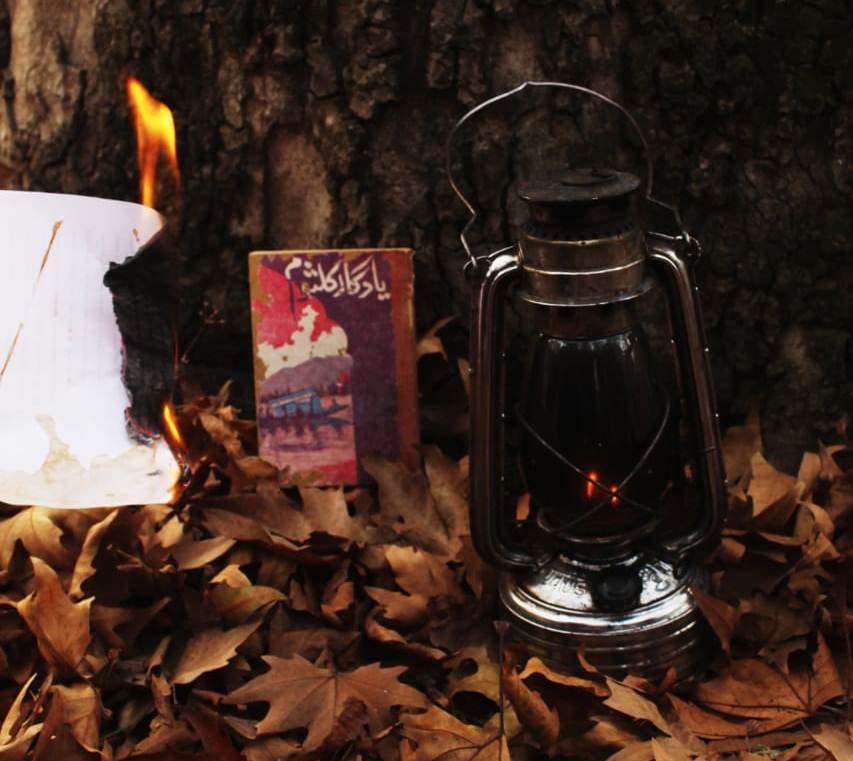
But at the age of 21, in 1949, when the battle over the new cartographic lines had started in Kashmir, the poet succumbed to her ‘miserable heart’ in Srinagar — the land of her ancestors. Her death was attributed to natural causes.
Talking about the news of her death, Syedah Akhtar says, “I couldn’t ever see her again after 1938… About 12 years later, I was suddenly informed by a letter from Akbar Jaipuri, Kulsum’s brother, that she had passed away, in the prime of her youth.”
Her untimely death was the death of her sorrowful longings, as she failed to record her painful story, says Shakeel Ur Rehman in “Yaadgaar-e-Kulsum”.
“Shahzadi Kulsum departed from the burning embers of life but her poetry retains the heat,” Rehman writes.
At the footnotes of the Foreword, the professor notes, “Welcoming the first Urdu poetess of the valley like this fills me with joy but it also brings me to tears.”
There has been a debate in the literary circles as to which of the several names can be accepted as the first Urdu poetess in Kashmir. Many critics agree on Zainab Bibi, a naat-writing poetess, being rightful of this title, however, many say, Shahzadi Kulsum is accepted to be the first to have formally pursued Urdu Ghazal in Kashmir.
Wo husn k tha toor pe bhi parde mai kulsum
Kya baat k mujse koi parda nahi hota
Mahav thi yaad-e-yaar mai Kulsum
Moot kab agayi khuda janay
(That was the glory that stayed in veil in mount Toor
But why is it that I can’t stay in veil?
Such was her longing for beloved
That she couldn’t know when death knocked at her door).
Mountain Ink is now on Telegram. Subscribe here.
Become Our Ally
To help us strengthen the tradition of quality reading and writing, we need allies like YOU. Subscribe to us.
Meher Qadri is a former staff writer at the Mountain Ink.












